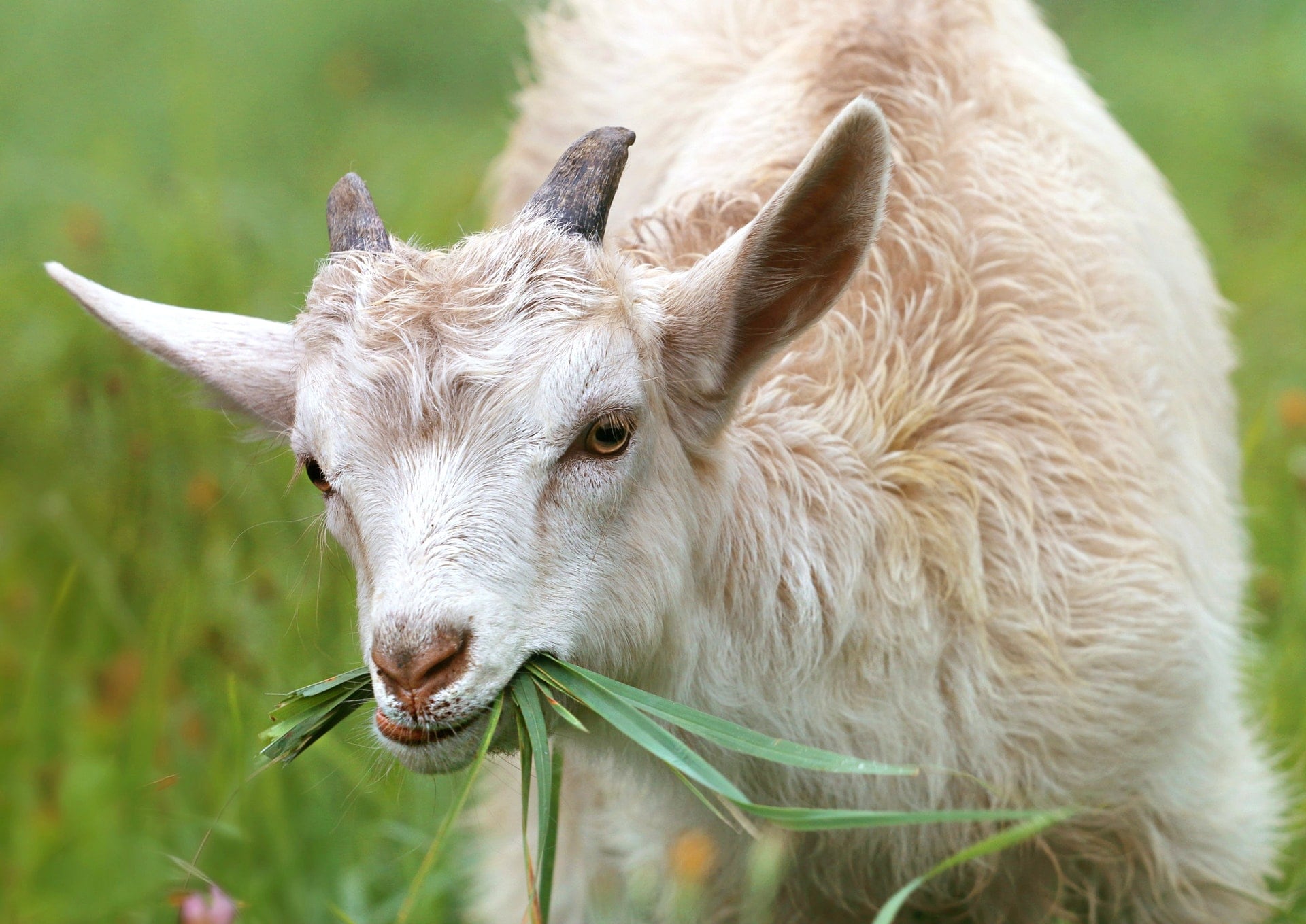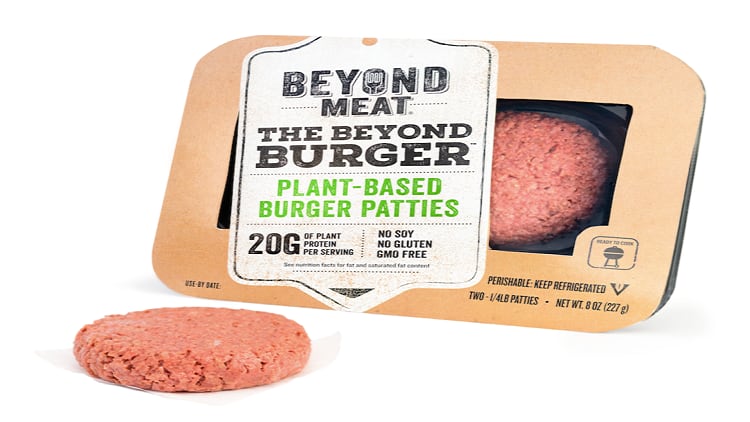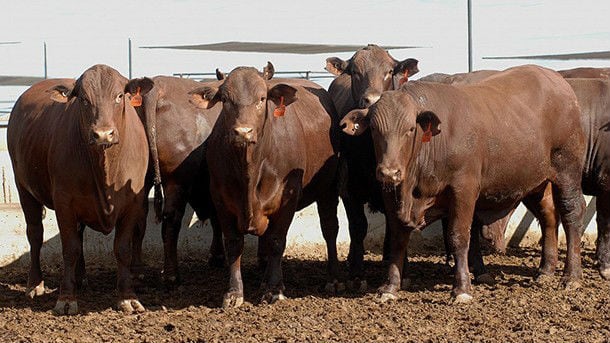Korban, also known as Eid Al Adha, is an annual Muslim event that sees cows, goats and sheep ritually slaughtered by families and mosques across the Muslim world. The practice is widespread in Malaysia, where families and communities may buy an animal and slaughter it in their back yards.
In July, the Australian Department of Agriculture and Water Resources issued an advisory to suspend exports of the animals for the six weeks up to the end of Korban on August 25.
It cited reports from Korban in Malaysia in 2017 demonstrating “poor animal welfare outcomes and loss of control and traceability of Australian livestock exported to Malaysia”.
“We needed to see some satisfactory changes to the way the supply chain works in Malaysia,” said Simon Westaway, chief executive of the Australian Livestock Exporters’ Council, the industry body that recommended this year’s suspension to the agriculture department.
Australia is unique in that the regulations governing livestock exports, under its Export Supply Chain Assurance System, continue beyond the point the animals land overseas. As a result, suppliers from the country are responsible for animal welfare up to the point of slaughter.
"ESCAS has been in place since 2012, and it’s a global leading supply chain management system for livestock. It requires the exporters to work very closely with their partners so that standards are met,” explained Westaway
In Malaysia, Australia’s biggest export market for goats, a number of ragtag livestock dealers set up operations solely during the Korban period, leading the traditional supply chain to break down as many of these acquire animals from a grey market. This prevents Australian suppliers from carrying out effective monitoring of all animals.
“Culturally in some market there are reasons for breach of the supply chain—we call it leakage—or non-compliance of traceability of the livestock,” said Westaway.
“It could be that people are seeking livestock through non-efficient channels. ESCAS takes leakage in the supply chain very seriously, and it’s something that we need international facilities to be compliant with.”
Countries like Indonesia, Australia’s biggest market for live cattle exports, have taken ESCAS regulations very seriously, having “almost overnight” gone from a market with a low percentage of animals being slaughtered to Australian standards, through the use of stunning, to almost 100 percent adoption.
According to Westaway, Indonesian importers have worked very hard around supply chain management and control of livestock, and Vietnam is another good example of a market that has had leakages of livestock.
“The livestock trade there, including importer organisations and abattoirs, have worked very hard to bring in new closed loop systems and a new arrangement around control and traceability, which a lot of facilities have signed up to.
“In some other markets the pace of change has been slower. But nonetheless the countries that want to receive Australian livestock need to work under the arrangements that are imposed.”




